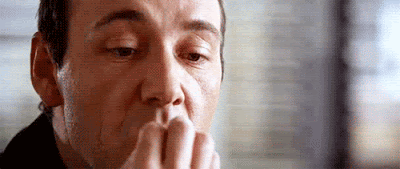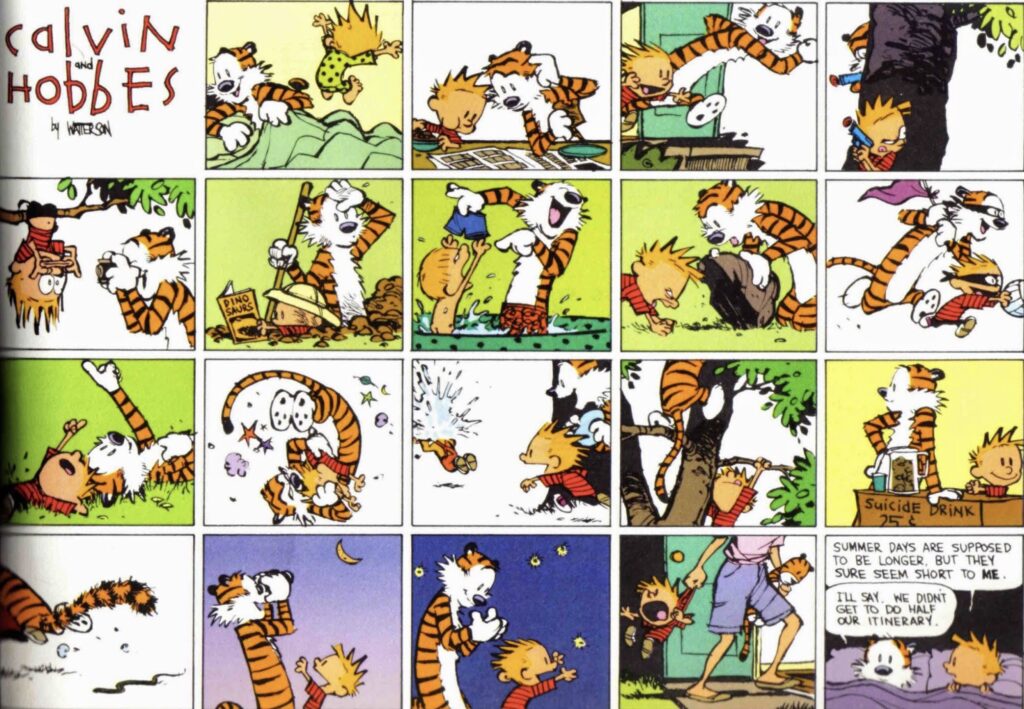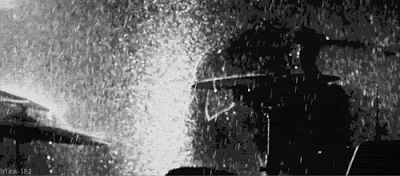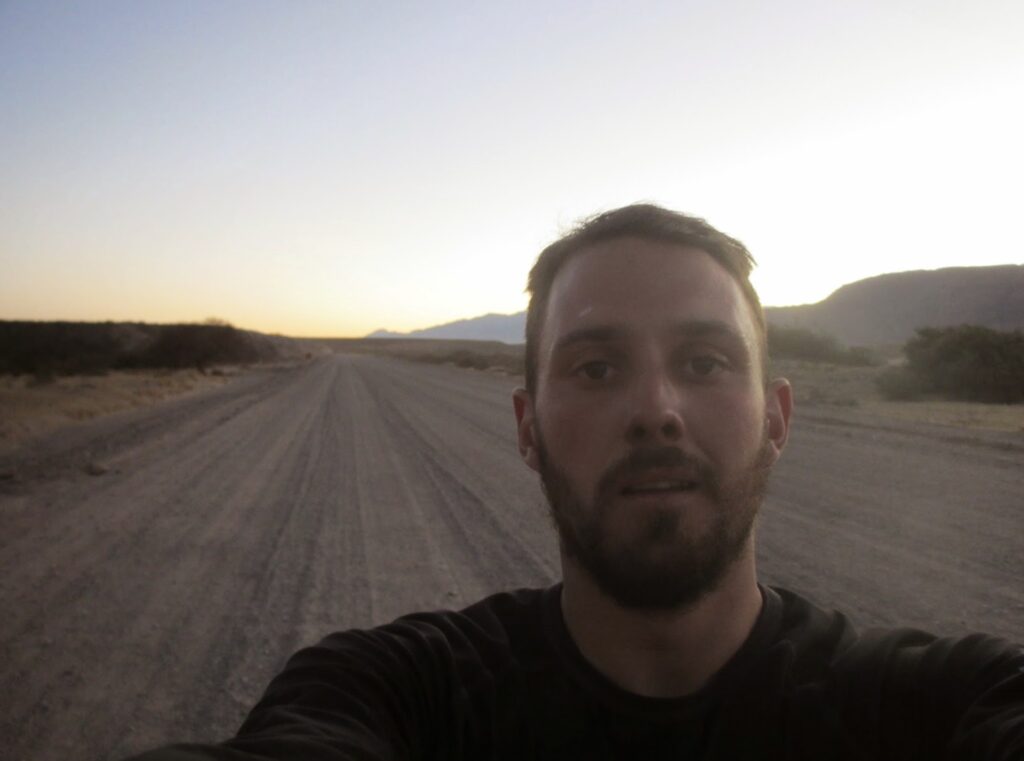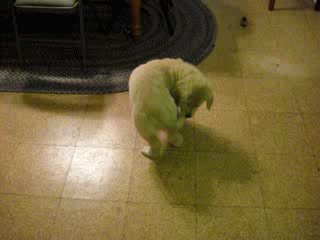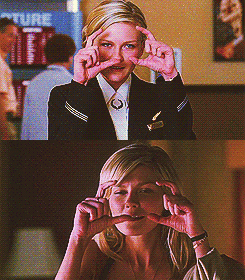‘How did it get so late so soon?’asked Dr Seuss.
This post comes with its own soundtrack. Hopefully by the time you’re nearing the end, the bridge around the six minute mark will kick in, where all the horns come in, and your head will explode. That’s the idea.
The winter that bridged 2016 and 2017 passed by more quickly than I can ever remember one passing. I mean this morning was bone-curdlingly cold, I’m not heralding any freak arrival of spring. But seeing as how a whole lot of life is lived in the anticipation of things, I’m surprised how fast the moments themselves went by, how quickly the future became the past. It’s like Christmas and New Year got all Keyser Soze and, like that…
… were gone.
Some old greek guy once said that in childhood, the days are short and the years are long. But the older we get, the longer the days draw out, and as the years go by more quickly the shorter they seem. Which could be down to an increased lack of fascination with the world. As children all things astound us, and the nature of fun being that it flies by, this means the days pass by in the blinking of an eye.
But the older we get, with the responsibilities we take on, the routines we establish, the formulaic nature of our years pass without much to distinguish one from the next. And as we enter old age as happens when not much is going on, time drags. But because the years themselves go by with less life-enhancing content, they morph into one, so the polar opposite pattern from childhood emerges. In old age the days are long, and the years short.
Which must be why the armchair pipe and slipper brigade deem it so important to remain childlike in your perception, to do your finest Peter Pan impression around the clock, to prolong a fascination with things as much as you can. To make each day as memorable as possible. Doctors tell us that – illness to one side – the one thing that kills us far more quickly than old age, is loss of enthusiasm.
But asides from upping sticks and seeking out the ends of the earth on a pair of roller-blades, how else can we slow the speeding juggernaut of time? As memory-forging as it would undoubtedly be, you can’t spend your entire life blading across the Australian outback.
The answer….
– d r u m r o l l –
… is to keep a record of it.
That might come across a bit PG13, but a concrete way to fight time is to fight loss of memory. And our memories are so bad we need all the jump-leads we can get to kick start them. It’s no coincidence that one of the most famous works of world fiction called itself In Search Of Lost Time. I haven’t read it, but I know enough to know Proust was bemoaning the tendency life has to go all Keyser Soze on us. And the idea of memory as a means to combat this.
Because without memory, what do we have? If we can’t make sense of the past, we’re zombies. That’s why nights out when you can’t remember anything are so debilitating. You wonder where your life went. And that’s going to a lot more when we’re older. People who say all that matters is the present man are right only up to a point. Live the present like a gee, but if you don’t log it, how can you refer back to it. And that’s the point. To not let your life pass you by without taking time to check yourself. Before, during, and after you wreck yourself. To nurture memories you can later bask in.
Reading yourself back you realise how much you change. You get to trace your own evolution.
*
When you travel there’s a sadness you take with you. Even the most indelible experiences have their melancholy because the further afield you go, the less the probability is that you’ll ever go back there. Below is a photo of me on a stretch of road in the Andes mountains in Argentina on a bicycle trip.
I’d never felt more alone in my whole life. I wasn’t lonely, but I’ve never experienced deeper solitude. It was deafening. I was miles from anywhere, I hadn’t seen a car for about a day. As the sun set, for half an hour I went a bit cuckoo. I was overcome with this unquenchable energy and ran all over the place, screaming out across the vast mountainous emptiness like a fucking weirdo.
I know I won’t go back there. I won’t ever walk down that stretch of road again. An friend of mine told me once about the necessity of leaving yourself behind. You leave parts of yourself everywhere you go, little bits of yourself that you scatter here and there. They are yours to leave, this person said, and somewhere deep inside you know you need to leave them. In order to grow. The fact I won’t ever go back to that place shouldn’t bother me, because a part of me is still there, by that roadside, running around like a madman. And in my head, whenever I want, I can go back there.
*
This year, for the first time in my life I’ve kept a scrapbook.
I’ve written diaries in the past, but I’ve now started a discipline I can imagine continuing for good. The joy I’ve already taken from rereading the last 8 months of my life has surprised me. It’s time well spent. When I finally join the armchair pipe and slipper brigade I want to have piles and piles of scrapbooks. It’ll be like the richest dvd collection in the world. I can’t think of many better ways to while away idle days than by rereading your life, and discovering anew this person you’d forgotten. This might sound a touch self-indulgent, to spend hours alone with a book, written by you, about you, reading about yourself. Like a dog eating its own tail.
But to make sense of the world, it might be just what we need.
In a film called Elizabethtown, Kirsten Dunst spends a fair amount of time doing an unimaginably annoying thing. I would’ve lost my shit with her ten minutes into our first date. When she sees a moment she likes, she raises her hands to her face, making an imaginary camera with her thumb and index finger, and takes an imaginary photo.
But she’s on the money. It’s actually what I’m getting at. If we don’t take time out from life to log moments and situations in our heads, or in scrapbooks, or in diaries, we won’t be able to understand our own evolution. We’ll wake up wondering where the hell it all went.
The joy in rereading these moments is that you travel back in time and get to hang our with your younger self. You’ll be amazed by how much you change. The point is, we have to trace our evolution. We have to eat our own tail. If we can never understand why we’re here, at least this way we’ll come closer to understanding who we are.

